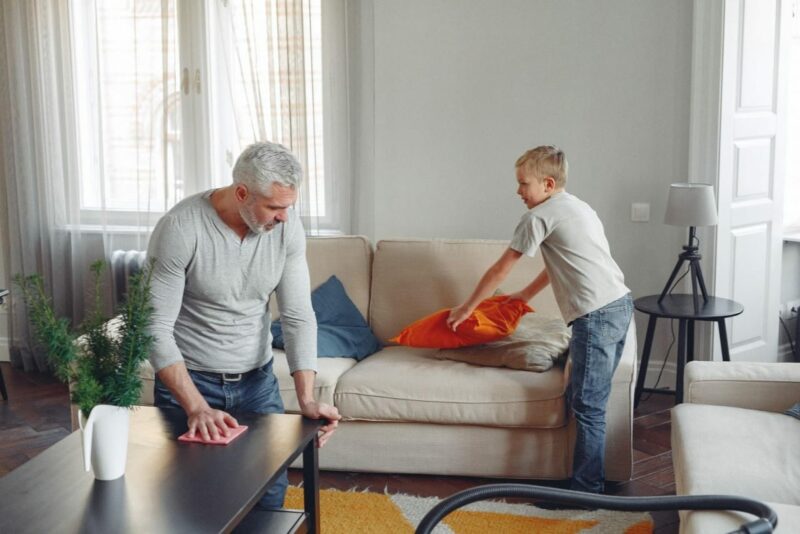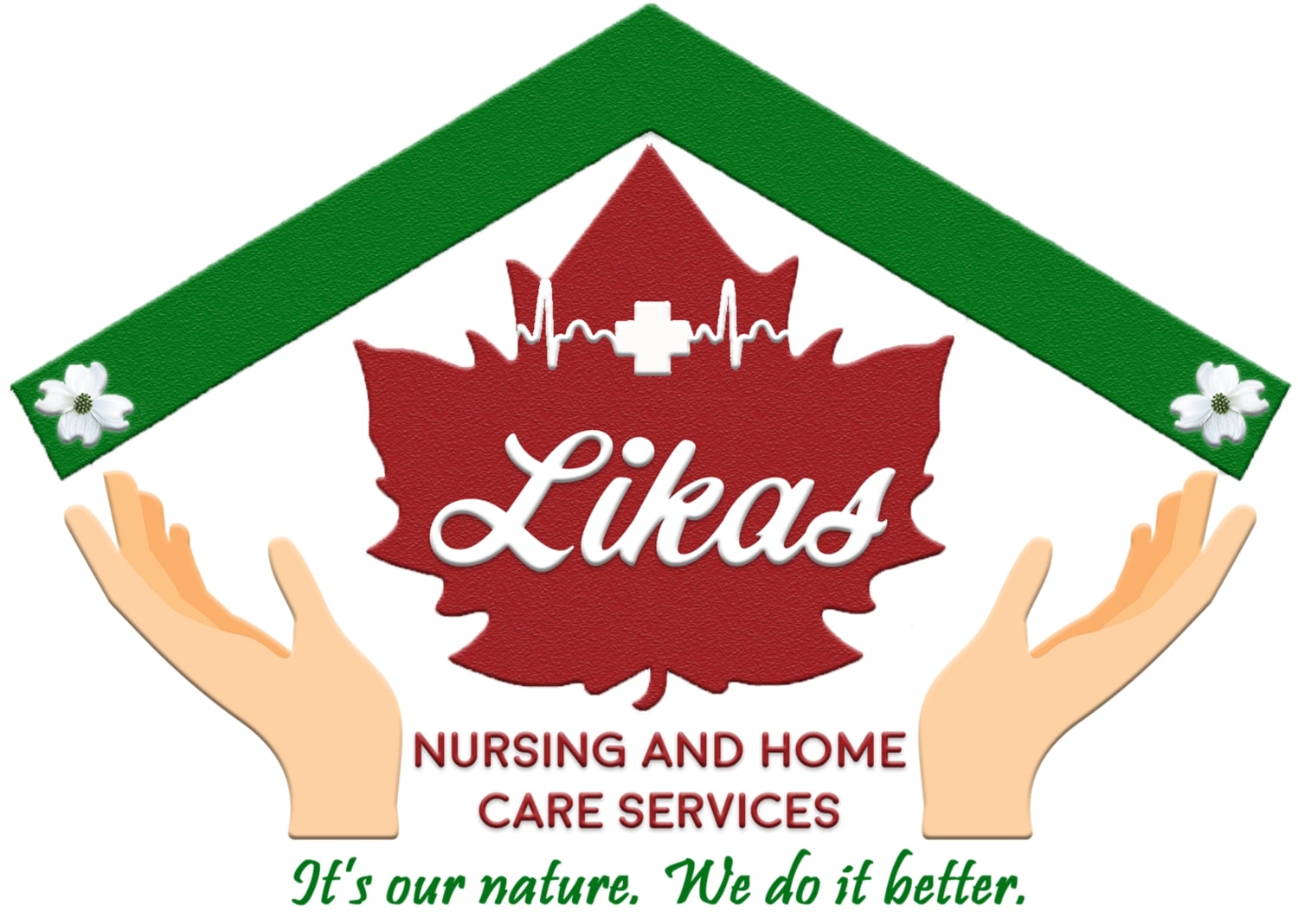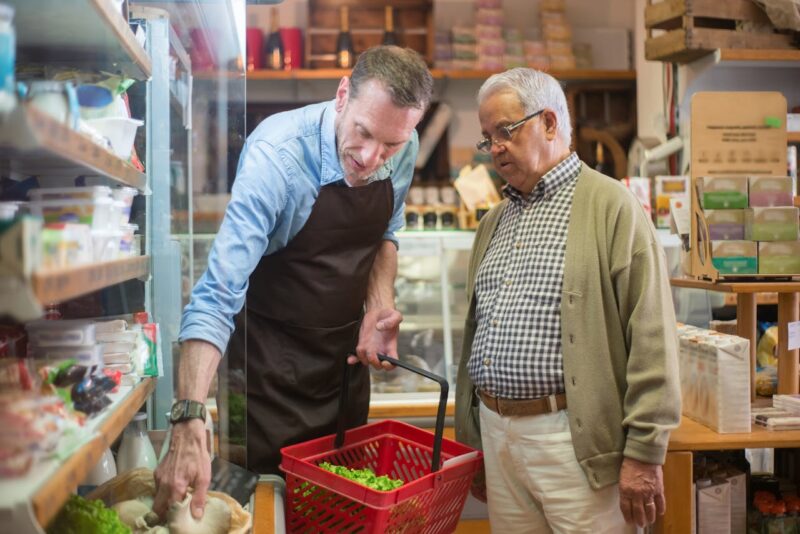
Even though the novel coronavirus is a health risk for everyone, most studies now show that the elderly population is more at risk. This is likely due to a weaker immune system and the presence of comorbidities. Some of our older loved ones have remained either isolated in nursing facilities or in their own homes, while some have been sent back to relatives for care due to the coronavirus outbreak.
Wherever your loved one is, here are a few tips to help you care for them during this pandemic.
1. Stock up on groceries and medications
The less you go out, the safer it will be for the members of your household. This means stocking up on groceries, toiletries, and medications. Only step out of the house when necessary, and have a designated person do it. Ensure that this designated person takes proper precautions while outside and upon returning home.
In some instances, your elderly loved one can go to the pharmacy and grocery store during senior shopping hours. There is also the option for delivery services, which you should maximize to prevent needless exposure.
2. Limit exposure
Another way to limit exposure of your loved ones to the coronavirus include also protecting yourself, as a caregiver. If another caregiver has to visit to provide additional care, ensure that he/she observes proper infection control protocols. As for doctor’s appointments, call the clinics to check if they offer online visits instead. If not, ask about social distancing measures being implemented in-person at the clinic.
Note that in an effort to limit exposure, your loved one may be tempted to minimize his/her symptoms to avoid going to the hospital emergency department. Should he/she have a sudden onset of symptoms, such as chest pain, difficulty breathing, paralysis, and/or loss of consciousness, he/she should be immediately examined by a doctor. Most hospital emergency rooms see less traffic, do not tend to coronavirus patients (although check with your local hospital to see which ones are designated as COVID-19 centers), and take infection control measures seriously.
3. Keep your home clean
Avoid having professional cleaners come into your house to do the cleaning. Instead, make sure you disinfect high-traffic areas yourself, such as door knobs, light switches, walls at eye level, and toilet handles. If you live in an apartment, avoid touching high-risk areas with your hand; instead, use your elbows, and remember to wash your hands at the earliest opportunity.
4. Encourage them to stay healthy
To keep their minds and bodies active, encourage your elderly loved ones to engage in mental and physical exercises. Crosswords, puzzles, reading, and board games will help keep their minds sharp. Light physical exercise, such as walking (in the house or backyard) or cleaning is good for overall health. Bonding activities such as shared mealtimes or watching a movie together can will also surely warm their hearts.
5. Call often
If your loved one is not with you, make sure to call via phone or video to make sure that he/she is doing well. This way, you can check if he/she is coping well or needs help. This will also help alleviate the tedium of their days and is sure to lift their spirits.
6. Have a back-up plan
This is for in case you get sick or may need to self-isolate. Have someone be ready to pick up groceries and other essential items that my be needed, as well as someone to take care of him/her.
One question that is often asked is this: if your elderly loved one is in a facility, should you take him or her out?
The answer depends on how much care your loved one needs and how much care you can or are able to provide. You must determine a balance between the two factors. The first step to take before making this decision is to assess the risks and benefits of keeping your loved one at home versus in the facility. Are there reports of outbreaks in facilities in the area? Is there sufficient staff involved? What new measures are being taken? All these will guide you towards making the prudent choice.
Taking care of your elderly loved ones will allow you to share your joy and love with them and will create a lot of wonderful new memories. May these tips help keep you and your family safe and healthy!



